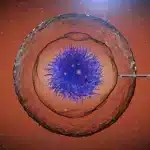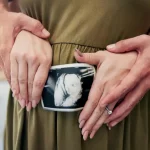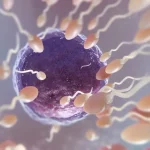
Introduction
For many intended parents, the question isn’t whether to tell their child they were conceived via egg donation—but how and when. This guide provides best practices for talking to your donor-conceived child at every age and stage.
Why It’s Important to Tell
Early disclosure fosters trust, identity development, and avoids future resentment. Experts recommend honest, age-appropriate conversations from the start.
When Should You Tell?
Start early with a ‘seed planting’ approach. Use age-based strategies to share the story in a gradual, loving way.
What Language Should You Use?
Use simple, honest language that centers love and your family’s unique story. Avoid complex science until they’re ready.
Tips for a Positive Conversation
Start early, stay positive, use storybooks, be ready for questions, and reinforce love and belonging.
Should You Tell Others?
Disclosure to others is personal. Consider your child’s privacy and your comfort, but honesty often builds support.
LGBTQ+ and Single Parent Families
Donor conception is often more visible in these families, making early conversations even more natural and important.
What If My Child Has a Hard Time?
Stay patient, offer reassurance, and seek support from therapists or professionals as needed.
Resources We Recommend
Books, counseling, and support networks such as the Donor Conception Network can be helpful.
Testimonials
Quotes from parents who shared their stories early and built strong, trusting relationships with their donor-conceived children.
Conclusion
Telling your child about being donor-conceived builds trust and confidence. With early, honest conversations, your child can grow with pride and security.
📞 Need help preparing to talk to your child?
Call 1-212-661-7177 or email info@eggdonors4all.com
About the Author
Dr. Kulsoom Baloch guides intended parents through emotional milestones in donor conception—from disclosure to parenting with confidence and compassion.

Dr. Kulsoom Baloch
Dr. Kulsoom Baloch is a dedicated donor coordinator at Indian Egg Donors, leveraging her extensive background in medicine and public health. She holds an MBBS from Ziauddin University, Pakistan, and an MPH from Hofstra University, New York. With three years of clinical experience at prominent hospitals in Karachi, Pakistan, Dr. Baloch has honed her skills in patient care and medical research.






If you’re into betting on League of Legends, check out pnxbetlol. They seem to have pretty competitive odds. Always worth a look. Get your bets in at pnxbetlol.